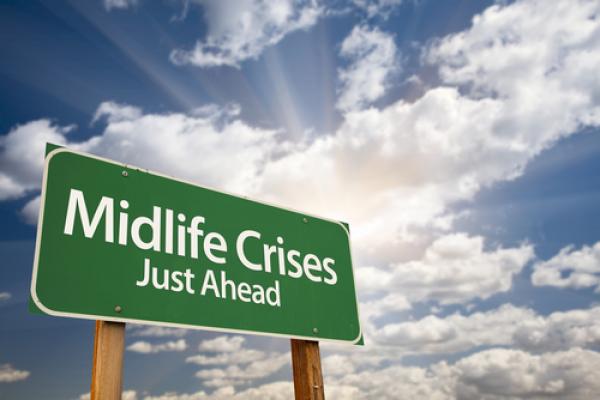Yesterday on Facebook I referred to my daughters, who are in their early forties, as middle-aged. One of their friends, who is 43, wrote, "Middle-aged???" "For sure," I wrote back. "I know it hurts." But then I Googled middle age and discovered that its borders seem to be shifting. Once defined as ages 40 to 60, it is now often defined as ages 45 to 64 (though Merriam-Webster wants to have it both ways).
When I turned 40, everyone was talking about the midlife crisis, that scary feeling when people in the workforce fear their careers may have peaked and when caregivers at home notice their nests are practically empty (except for all that stuff in the basement). Midlife hit at age 40 back then — a bit optimistic, perhaps, considering that U.S. life expectancy in 1988 was 74.9 years. Columnist Bob Greene may have been closer to the truth when he wrote that "middle age starts at 36."
Read the Full Article

